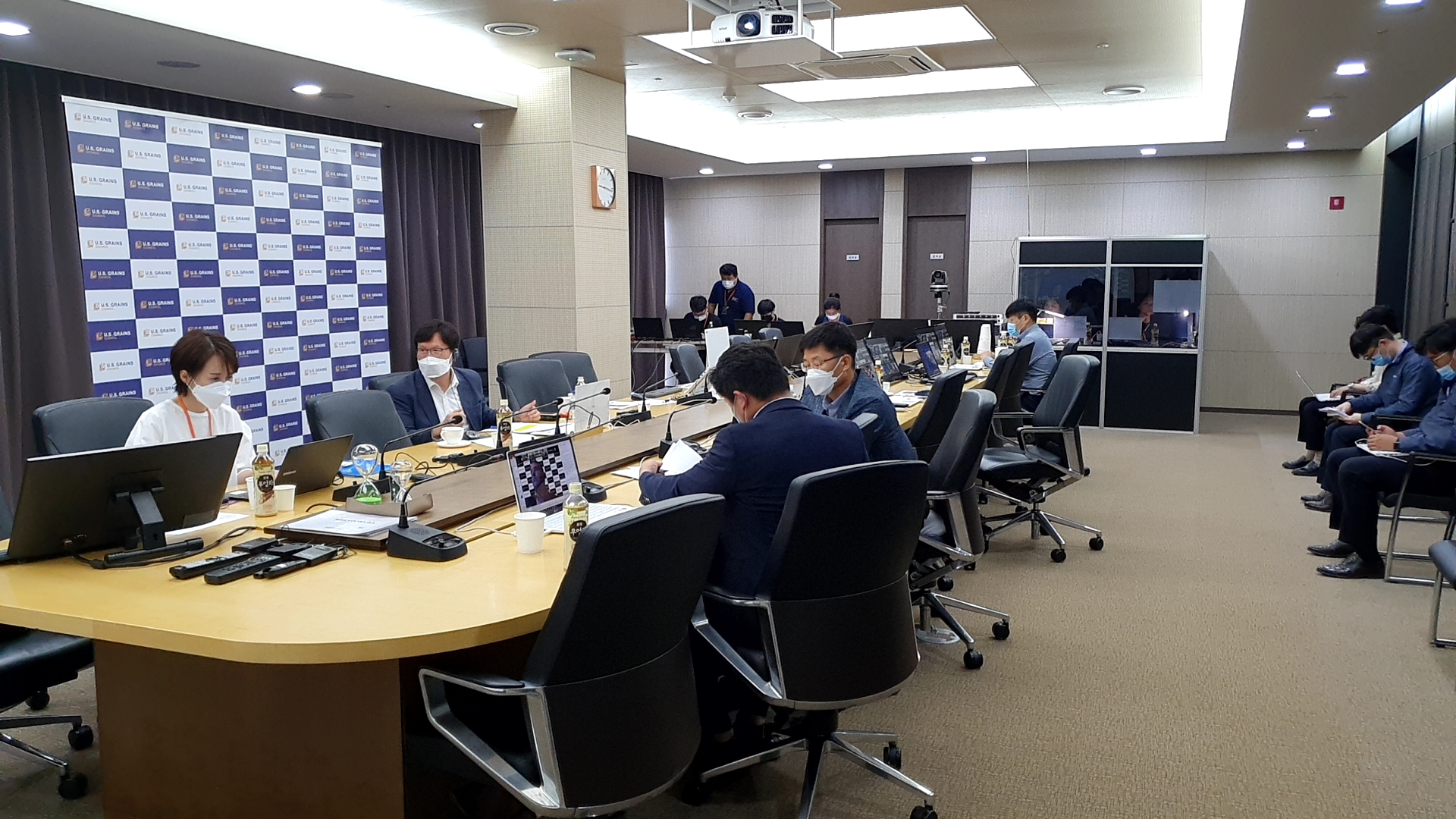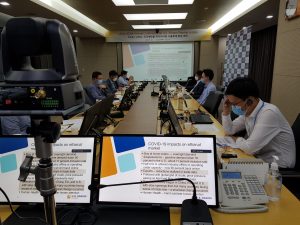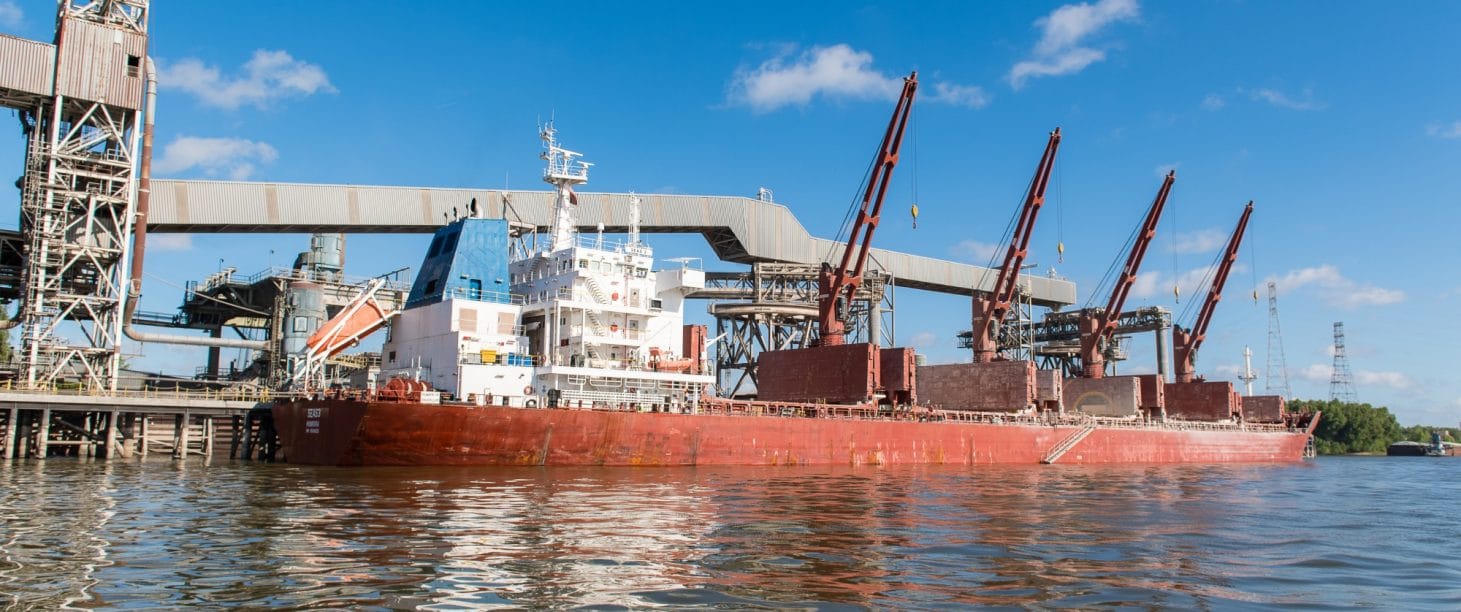

In May, the removal of a ban on pre-blended fuel changed Indonesia’s ethanol opportunities and created a potential market of more than 200 million gallons (71 million bushels in corn equivalent).
The market development efforts to accomplish this policy goal began in December 2017,
undertaken jointly by the U.S. Grains Council (USGC), Growth Energy, the Renewable Fuels Association (RFA) and the U.S. Department of Agriculture’s Foreign Agricultural Service (USDA’s FAS).
Already the fourth most populous country in the world, Indonesia is expected to grow to the sixth-largest global gasoline market within a decade. This increased demand for fuel is driven by members of the country’s rising middle class, who are dedicating part of their higher incomes to upgraded transportation options – especially from two-wheeled to four-wheeled vehicles.
At the same time, things were moving in a positive direction for U.S. ethanol in Indonesia, U.S. ethanol imports by customers in South Korea jumped in 2020 due to new needs for hand sanitizers. Even more important than the short-term sales, this uptick in demand is opening doors for the U.S. Grains Council and partners to build new opportunities for ethanol demand in Asia, for both industrial uses and fuel.
During the pandemic, domestic demand for ethanol for hand sanitizer in South Korea grew to 2.6 million gallons per month – more than 12 times pre-pandemic levels. The country had already been importing U.S. ethanol for industrial uses like windshield wiper fluid and disinfectants, but increased demand has led to more purchases.
South Korea imported 58.9 million gallons of U.S. ethanol (20.9 million bushels in corn equivalent) for industrial uses from January to July 2020, up nearly 53 percent year-on-year. This total constituted a 55 percent market share.

